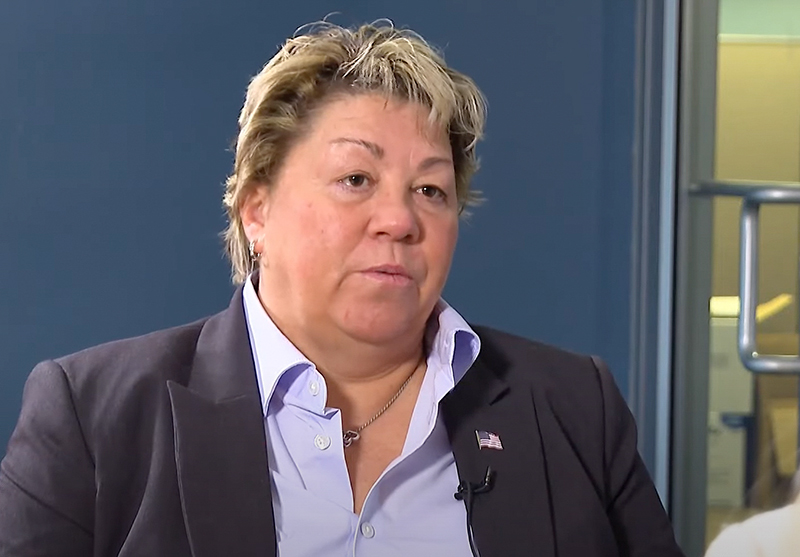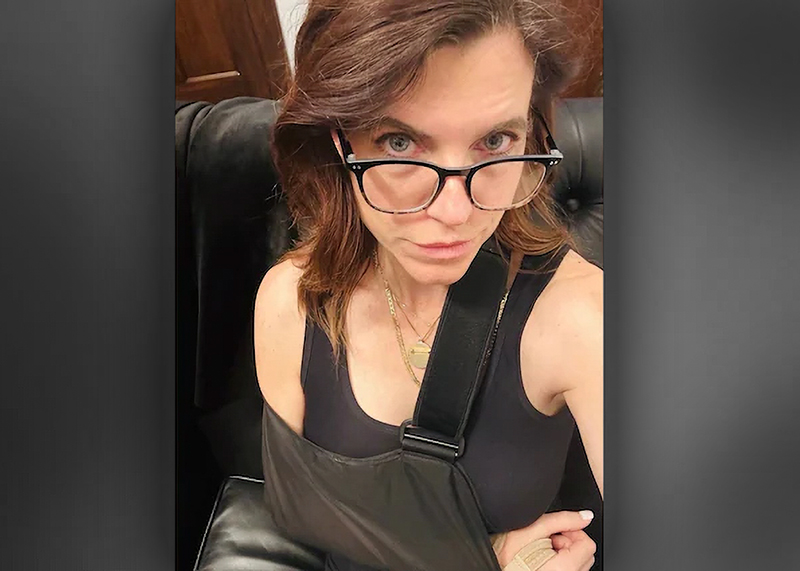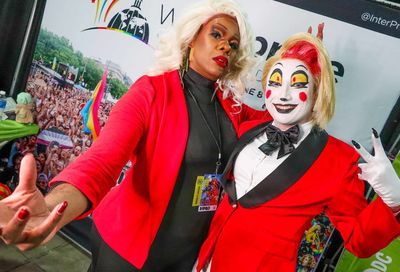Kansas Department of Children and Families backs anti-gay adoption bill
DCF head believes that allowing child placement agencies to discriminate will encourage more to contract with the state

Kansas’ Department of Children and Families has announced its support for legislation that would allow adoption and foster care agencies to refuse to place children with prospective parents, including same-sex couples, based on religious objections.
The legislation, which is being pushed in both the House and Seante, is so broadly written that a “religious belief” or religious objection could be premised on any number of innate characteristics or lifestyle choices of the prospective parents, including their religion, their sexual orientation, their gender identity, their age, their marital status, or even their past sexual history.
The bills would also prohibit DCF and the state government from denying contracts, grants, or special tax breaks to, or threatening to yank the licenses of, agencies that discriminate against prospective parents for said reasons, reports The Kansas City Star.
“By passing this bill, it is an opportunity for addition [child placement agencies] that have had concerns of working in Kansas in the past, to come alongside DCF to locate and maintain homes in which to place Kansas’ children,” DCF Secretary Gina Meier-Hummel said in a statement.
In written comments, Meier-Hummel expressed her belief that allowing agencies to discriminate would encourage more to contract with the state, knowing that they cannot be punished for turning away prospective parents. That, in turn, would enable placement agencies to work faster to make sure children in state custody can find permanent families, she contends.
Seven states — North Dakota, South Dakota, Texas, Alabama, Mississippi, Michigan, and Virginia — currently have such policies in place, and have claimed that such “conscience clause exemption” laws enabling them to discriminate are essential to keeping faith-based adoption agencies operating. They claim that states without such laws have been forced to shut down (in reality, they have chosen to shut down) if they are required to place children with single parents or same-sex couples.
Several other states, including Oklahoma, Georgia, and West Virginia, have considered similar legislation, and several other Republican-controlled legislatures may follow suit.
Opponents of the bill say it is discriminatory and will simply result in fewer placements for children in need of permanent homes.
“They’re wanting to tap into taxpayer money that gay and lesbian couple around the state pay just like everyone else, and then deny us service,” Tom Witt, the director of Equality Kansas, said Opponents say the legislation is discriminatory. The legislation would put the needs of some child welfare providers over the children they are supposed to serve, they say. And they warn the bill could potentially limit the number of available foster and adoptive parents.
“They’re wanting to tap into taxpayer money that gay and lesbian couples around the state pay just like everyone else and then deny us service,” Tom Witt, director of Equality Kansas, told the Star.
Ironically, DCF’s support for the bill comes just after Meier-Hummel promised that her agency would have “zero tolerance” for discrimination in adoption and foster care cases. Her predecessor, Phyllis Gilmore, who retired last fall, had previously been accused of encouraging child placement agencies to discriminate.
Christie Appelhanz, director of the Children’s Alliance of Kansas, says the bill is misguided, and could end up discouraging qualified parents from deciding to adopt or foster children.
“We can’t count on prospective families who have been turned away because of their sexual orientation, faith or other religious-based criteria will continue knocking on doors of other agencies, each time facing the risk of rejection,” Appelhanz told the Star. “We can’t afford to lose any qualified families.”
Support Metro Weekly’s Journalism
These are challenging times for news organizations. And yet it’s crucial we stay active and provide vital resources and information to both our local readers and the world. So won’t you please take a moment and consider supporting Metro Weekly with a membership? For as little as $5 a month, you can help ensure Metro Weekly magazine and MetroWeekly.com remain free, viable resources as we provide the best, most diverse, culturally-resonant LGBTQ coverage in both the D.C. region and around the world. Memberships come with exclusive perks and discounts, your own personal digital delivery of each week’s magazine (and an archive), access to our Member's Lounge when it launches this fall, and exclusive members-only items like Metro Weekly Membership Mugs and Tote Bags! Check out all our membership levels here and please join us today!
























You must be logged in to post a comment.